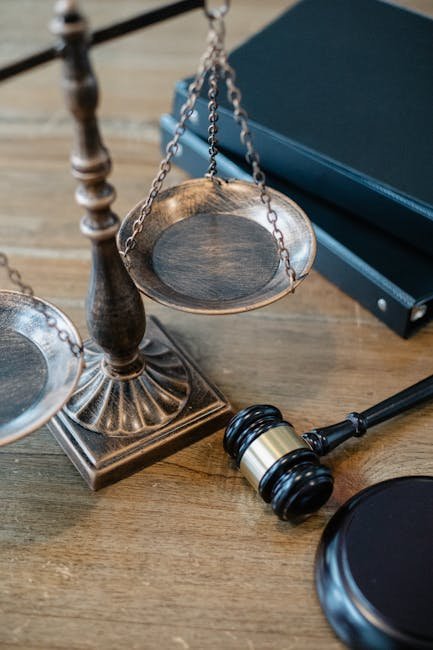
By Jordan Rubin
A federal district judge’s ruling late Tuesday keeps Lisa Cook on the Federal Reserve board of governors for now. But it’s probably not the last word in the historic case, which is likely to come from the Supreme Court.
Cook moved for a temporary restraining order against what she called President Donald Trump’s “unprecedented and illegal” attempt to fire her from the central bank board long before her term’s expiration in 2038. Trump argues that he had cause to fire her, citing his administration’s claim of mortgage fraud by Cook prior to her Senate confirmation. Cook was nominated by then-President Joe Biden, as was the judge who sided with her Tuesday in Washington, U.S. District Judge Jia Cobb.
Cobb wrote that Cook had made a “strong showing” that Trump’s attempt to fire her violated federal law, which requires cause for removal. The judge reasoned that the “for cause” requirement in the Federal Reserve Act “does not contemplate removing an individual purely for conduct that occurred before they began in office.” She wrote that the “best reading of the ‘for cause’ provision is that the bases for removal of a member of the Board of Governors are limited to grounds concerning a Governor’s behavior in office and whether they have been faithfully and effectively executing their statutory duties.”
Cobb noted that the case involves “the first purported ‘for cause’ removal of a Board Governor in the Federal Reserve’s 111-year history” and that it “raises important matters of first impression,” meaning issues that haven’t been legally resolved by courts before.
Cook, who has not been officially charged with any fraud, argues that Trump’s claim of wrongdoing against her falls well short of the cause mandated by federal law to remove a board member prematurely. “Without emergency relief,” her lawyers wrote ahead of a hearing Cobb held before she ruled, the government is “now likely to allow an unexpired vacancy to occur for which President Trump has indicated he is ready to fill.”
Cook’s complaint underscores the stakes, noting that the Federal Reserve’s independence “is vital to its ability to make sound economic decisions, free from the political pressures of an election cycle” and warning that if “markets and the public believe that the central bank is making decisions based on political pressure rather than sound economic data, that confidence erodes.”
On Wednesday, the Trump administration filed a notice that it’s appealing Cobb’s order to the U.S. Court of Appeals for the District of Columbia Circuit, which is a step below the Supreme Court.
With the justices likely to have the last word, it’s worth noting that, while the high court’s Republican-appointed majority has been boosting Trump’s firing powers in his second term, it also has signaled an intention to protect the Federal Reserve’s independence more than that of other agencies whose members it has been letting Trump fire without cause. That the president has claimed he has cause to fire Cook could help him carry out this particular firing, but his success could hinge on the extent to which the justices say the president must prove his claim (if he has to at all).
This post has been updated to reflect developments.
Subscribe to the Deadline: Legal Newsletter for expert analysis on the top legal stories of the week, including updates from the Supreme Court and developments in the Trump administration’s legal cases.


